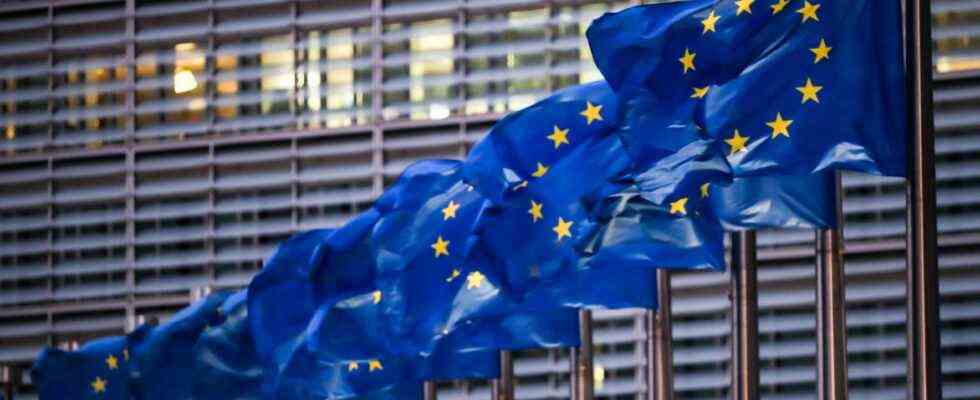comment
Status: 07/20/2021 7:04 p.m.
The rule of law in the 27 EU countries is still not looking particularly good. This is the result of the most recent study by the EU Commission. That should finally have consequences.
A comment by Matthias Reiche,
ARD studio Brussels
It is again excellent bureaucratic hard work on the part of the Brussels authority. It was analyzed how the rule of law is in all 27 member states. Still not very good, as can be seen from the paper. When it comes to fighting corruption, there are not a few countries that are lacking, and the situation for journalists has deteriorated in almost all member states. The tragic murder of the Dutch journalist de Vries is just one particularly terrifying example. In some countries there is also a very high risk of political interference in the media.
Germany also has shortcomings
Germany does not get off scot-free either. The power of justice ministers to issue instructions to public prosecutors has still not been abolished, the rules on party financing contain legal loopholes and there are deficits in regulating the secondary activities of parliamentarians. This list of shortcomings could easily be continued for most member states. This has no consequences. In the worst case, they face a permanent debate about European fundamental values.
The EU is by no means condemned to inaction. Since the beginning of the year, the so-called rule of law mechanism has been in place, which enables a country to cut EU funds in the event of violations or to cancel them entirely if there is a risk that this money could be misused or percolate into dark channels.
So far, the EU has been reluctant to cut funds
But the EU Commission has so far been reluctant to use this instrument. Not even against Poland or Hungary, whose governments, backed by European taxpayers’ money, are proceeding more and more authoritarian. The intention of the EU Commission to put Warsaw and Budapest under pressure by delaying Corona aid is at least legally controversial. At the same time, Viktor Orbán and Mateusz Morawiecki can easily portray themselves as victims of the headquarters in Brussels.
The annual report on the rule of law makes it very clear that both Poland and Hungary are no longer democracies according to western standards. Freedom of the media is massively restricted, there is clientelism and nepotism, and at the same time there is a lack of independent control mechanisms to combat corruption.
That goes to the substance of the Union
In the case of Poland, the judicial reforms implemented since 2015 have also been heavily criticized. The newly created disciplinary body can transfer or dismiss judges and public prosecutors who are unpopular with politics. Brussels calls for this to be taken back, but Warsaw argues that it does not recognize the primacy of EU law.
And that goes to the substance of the European Union. Because when member states say goodbye to their legal system and deny that there are common European norms and rules, they remove the basis of the self-image of the EU as a community of values. Even if there is no direct connection between today’s annual report and the new rule of law conditionality, there should now be an argument to finally trigger the mechanism so that EU taxpayers’ money is protected.
Editorial note
Comments generally reflect the opinion of the respective author and not that of the editors.
EU annual report on the rule of law
Matthias Reiche, ARD Brussels, July 20, 2021 7:19 p.m.

